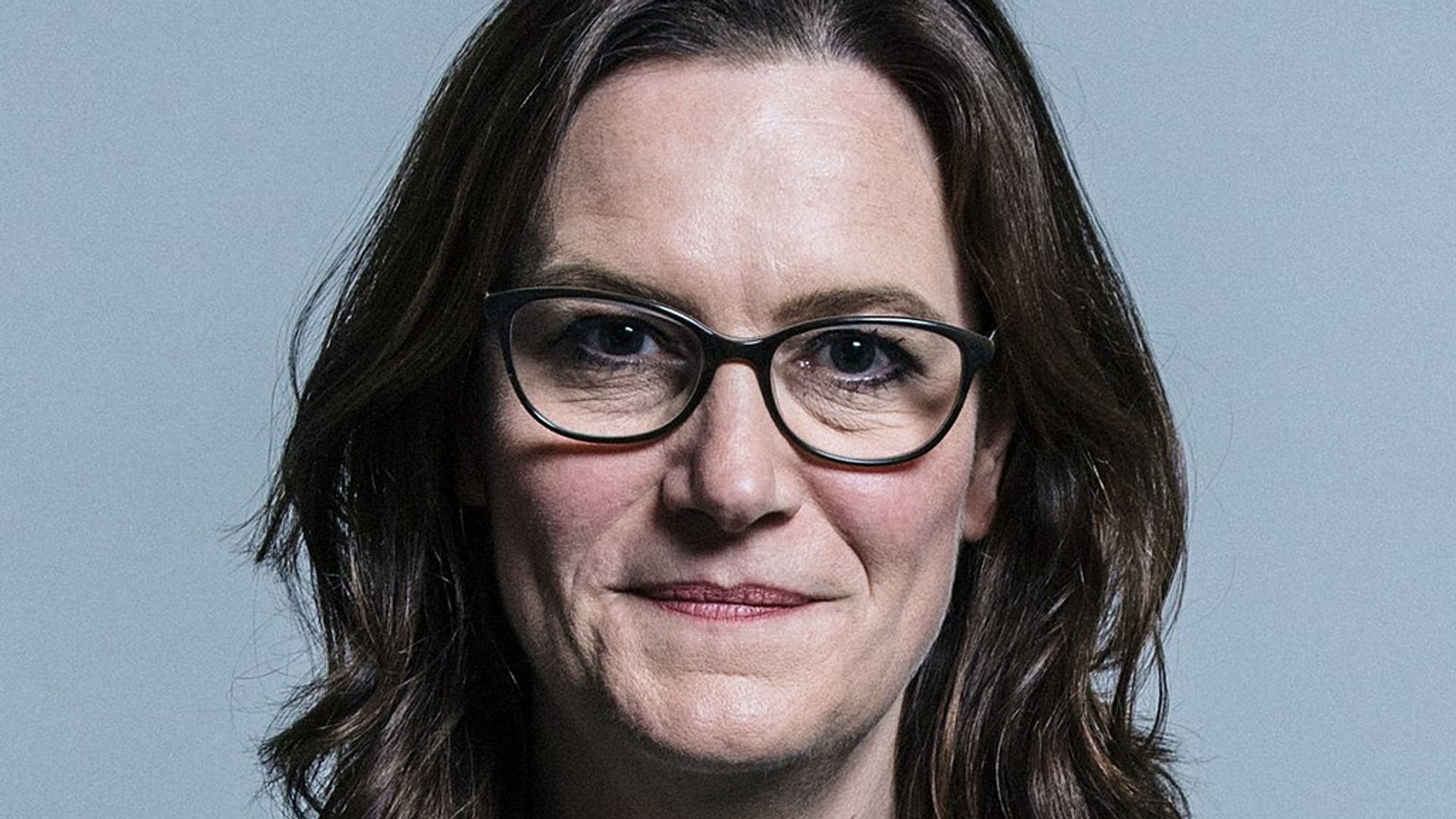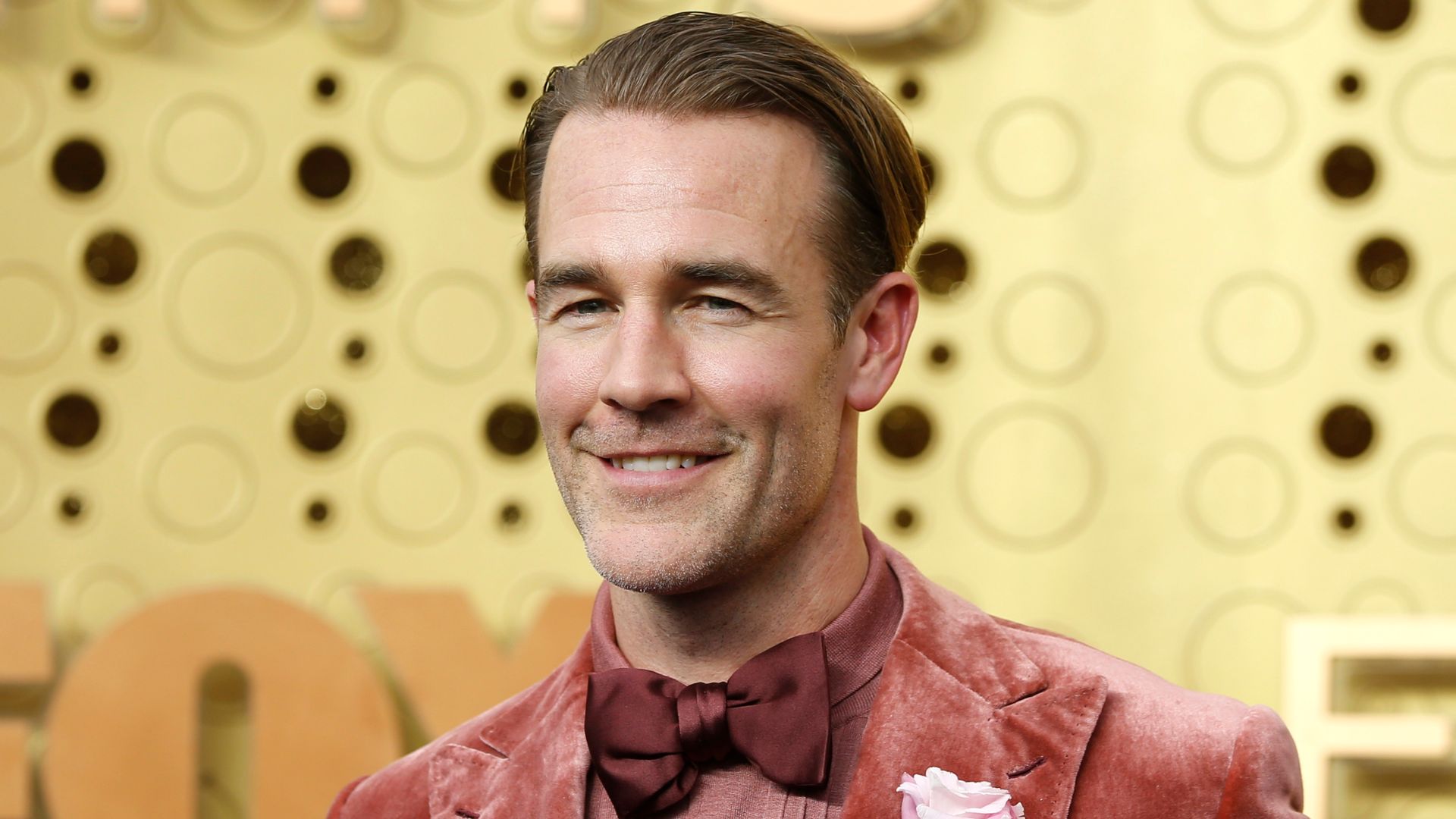At the Bab-al-Hawa crossing on the Turkey-Syria border, there’s a huddled mass of the desperate and displaced.
It’s the first time these Syrian refugees have been allowed to cross for months.
Everyone looks shell-shocked.
Babies are cold and crying and their parents have grabbed whatever they had left, cramming into cars to reach this place and escape the hell they’ve left behind.
Some are driving back with the bodies of those who have died in the Turkey earthquake, hoping to reunite them with their families on the other side. Others are seeking refuge, rebuilding their lives yet again.
Khalid Hussein, a young man, shows videos of the people he tried to save and those he lost.
“We saved one man, my brother brought nearly 100 bodies here to the border too and we took kids to the hospital,” he said.
While he tried to help strangers in the earthquake, his brother was taking his last breaths in the earthquake in Syria. He’s now travelling back to bury him.
After fleeing civil war in Syria, they’re forced to enter the fray once again. Their homes in Turkey are reduced to rubble and they’ve struggled to find shelter there. They believe their homeland is their best bet. But the situation in Syria is even more dire – with very little aid getting through and a war still raging.
“There’s no fear left. No fear at all,” Khalid says.
Everyone here has already seen so much.
But some of the mothers look deeply anxious: the weather is hostile and so too is their next destination – rebel-held northwestern Syria.
One woman says: “Yes, we’re afraid to go back to Syria, and here we’re afraid the house may fall on us.”
There are no easy choices at this border, just desperation and hope.
We watch as UN aid trucks cross over. But they’re playing catch-up, and critics have said there were deadly delays in getting vital food, aid, and rescue equipment in.
The White Helmets, who led the rescue operation initially, have criticised them for negotiating with Syria’s president Bashar al Assad on getting the aid in, believing it gives him “free political gain”.
There are still miraculous stories of survival, even in Syria.
Be the first to get Breaking News
Install the Sky News app for free
In Aqrabat Hospital in Idlib, two-year-old Arslan from Halam is having surgery to save his leg. He is the sole survivor in his family, pulled from deep rubble, cradled by his father who protected him to the end.
The doctors at the hospital are overwhelmed, exhausted and in urgent need of more medical support. Syria, home to a forgotten conflict, is now wrestling with a disaster it’s woefully under-equipped to manage.
Read more:
Final funerals held for 24 Turkish Cypriot children killed while on school volleyball trip
Miracles are few and far between as search for life becomes bid to honour the dead
Survivors urgently need faster aid to ‘save lives’ – as WHO says disaster ‘overwhelmed everyone’
Please use Chrome browser for a more accessible video player
Along with the incredible stories of escape are countless ones of loss. Whole families have been brought to an abrupt end. Those who made it through are wrestling with survivor’s guilt or adjusting to the reality that no one else in their immediate family is there to help them.
Generations will be shaped by this earthquake – as coarse as it was cruel.








